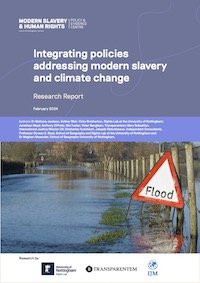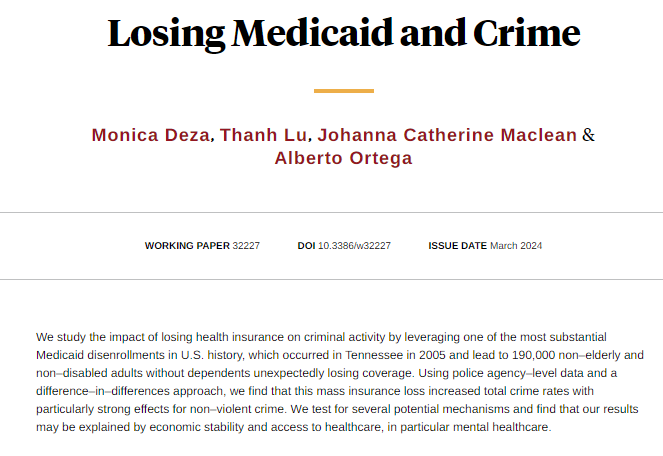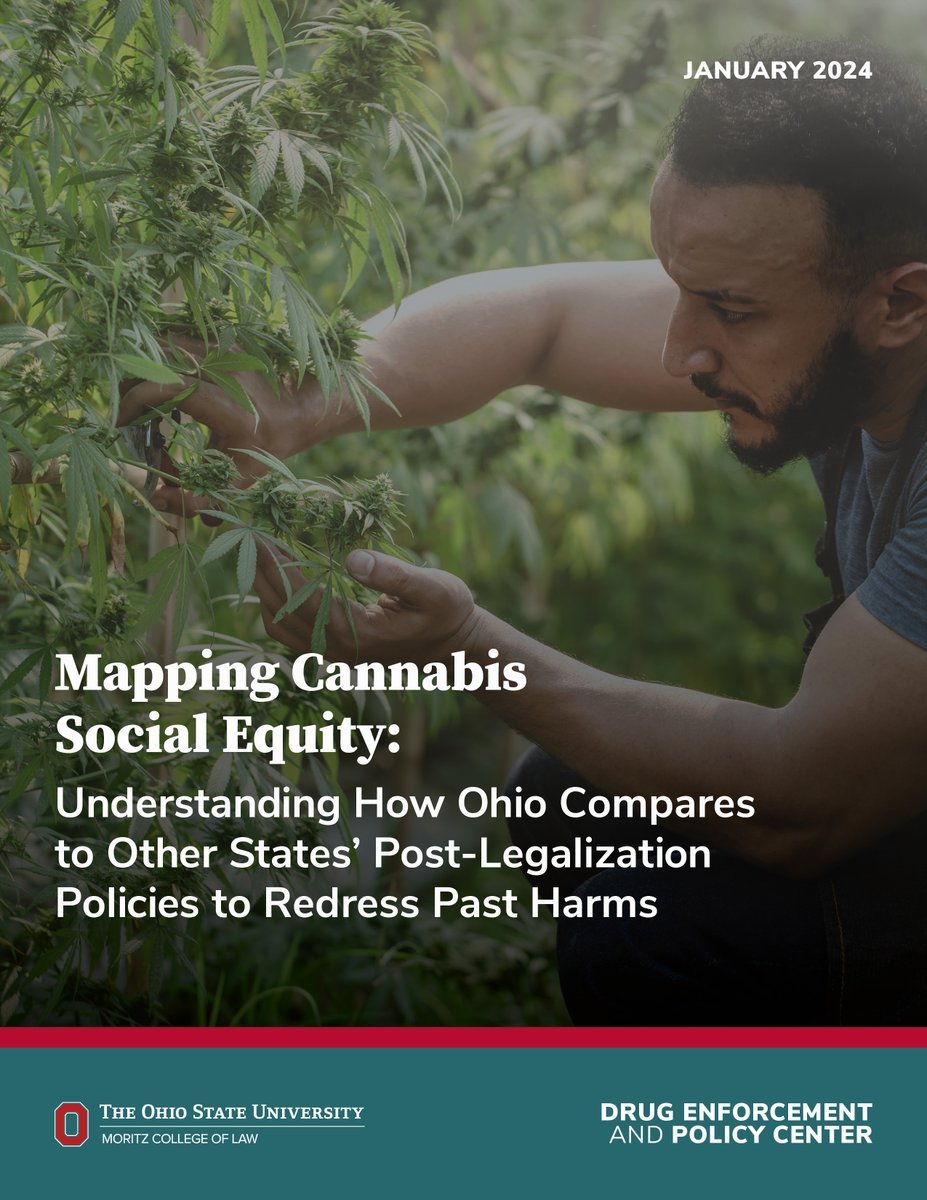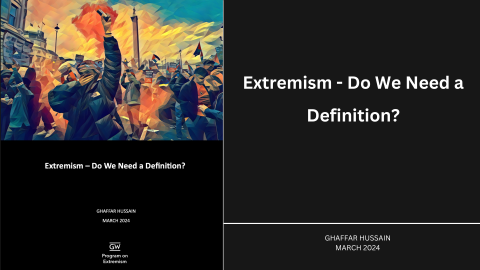By Bethany Jackson, Esther Weir, Meghan Alexander, Kimberley Hutchison, Jolaade Olatunbosun, Vicky Brotherton, and Doreen Boyd , Mary Alexander
Realigning Modern Slavery and Climate Change for Equitable Governance and Action’ is part of a larger collective of research projects aiming to understand the intersections between climate change and modern slavery and generate new evidence on how policies can recognize, address and positively influence these linkages between modern slavery and climate change. This project focuses on how modern slavery and climate change can be jointly integrated in UK Government and devolved administrations' policies. This pursuit is to demonstrate how modern slavery can be ‘mainstreamed’ into climate change action, and vice versa. The project and this report are the result of collaboration between the Rights Lab (University of Nottingham), Transparentem, and International Justice Mission (IJM) UK. Context Modern slavery and climate change intersect through complex, direct and indirect pathways that span borders and propagate through interconnected human-environmental systems. Climate change can increase vulnerabilities to modern slavery through the occurrence of changing environmental conditions and slow-onset events (such as drought), or rapid-onset events, both of which can cause climate-induced displacement or longer-term migration and heighten vulnerabilities that can be exploited (both in home and receiving countries). In response to changing environmental conditions, people may be forced to enter exploitative situations or engage in exploitative activities to provide alternative livelihoods and survive. In this regard, climate change can exacerbate pre-existing risk factors for modern slavery and disproportionally affect certain groups, notably women and girls. However, climate change action may also be a driving factor. For instance, planned relocations of communities as part of adaptive, risk management approaches can also create or exacerbate vulnerabilities to modern slavery, particularly if rights and/or livelihood opportunities are limited in receiving locations. Likewise, the ‘race to net zero’ could prompt new businesses to engage in modern slavery and human rights abuses, while the loss of certain industries could create new vulnerabilities in the absence of just transitions. The intersections and cascading risks that exist between climate change and modern slavery make it paramount that the two agendas be addressed together; yet to date, these issues have largely been treated as policy silos. Research methods This research examines the policy intersections and opportunities for strengthening alignment between modern slavery and climate change through UK policies and devolved administrations (Scotland, Wales and Northern Ireland). The research addresses the following questions: 1. To what extent are anti-slavery efforts currently integrated into UK Government and devolved administrations’ climate change policies? 2. How can anti-slavery actions be better aligned and integrated (if at all) into climate change policies through existing and/or new mechanisms (i.e., ‘mainstreaming’)? To address these questions, we undertook a comprehensive evidence review, alongside policy and legal analyses, both domestically and internationally to identify potential transferable lessons. This was accompanied by in-depth interviews with governance actors (n = 17) and a focus group (October 2023) with those working on modern slavery and/or climate change policies (n = 4).
Findings and recommendations Three key emerging findings were identified as part of the study. First, policy silos currently exist because of inaction, a lack of ability and willingness to incorporate combined activities in work and disconnects of scale mean activities to combine modern slavery and climate change action are further ahead in the anti-slavery sector, than the climate change space. Second, there are perceived and real barriers associated with resource and capacity strain which mean the research community should work to support governance actors and provide evidence for the development of new streams of policy action. Finally, domestic and international legislative action can be used as a baseline for combined action addressing modern slavery and climate change. For example, the inclusion of decent work within Scotland and Northern Ireland’s climate change policies demonstrates integrated policy achievements. Our findings highlight several ways through which modern slavery and climate change agendas could be more strongly aligned and strengthened through governance mechanisms. Seventeen (17) overarching recommendations are identified according to four core themes – governance, knowledge-to-action, capacity building and finance, and support, lived experience and inclusion, and have been assigned an urgency score. The urgency scoring adopts a similar approach to that used by the latest Climate Change Risk Assessment (CCRA3) (HM Government, 2022), taking into account current levels of risks or opportunities, how this is currently being managed and the benefits of further action in the next five years. More action is needed for most recommendations, meaning that new, stronger or different government action is required over and above that already planned in the next five years. It is vital that governments step-up action to address these dual challenges simultaneously to ensure a rights-based, socially just response to climate change. Summary of recommendations Governance G1: Strategic oversight of Greater strategic oversight is needed between the leading departments focused on modern slavery (Home Office and Foreign, Commonwealth & Development Office, FCDO), to include and address intersecting issues of modern slavery and climate change at domestic and international scales. G2: Problem framing and recognition o An overarching human rights lens should be centred at the core of public policy and should be integrated across all departments (national and devolved) and their mandates. G3: Enhanced cross-departmental collaboration of Mechanisms are needed to overcome current siloed approaches throughout the UK government and devolved administrations, including cross departmental sub-groups and establishing internal networks. G4: Legislative change o Consider the development of new combined legislation addressing modern slavery and climate change concerns, and in the interim update current legislation to strengthen UK response to modern slavery and climate change. G5: Alignment of Inclusion of climate change as an issue of concern in relation to modern slavery as part of the agenda pursued by the Global Commission on Modern Slavery. G6: Intergovernmental collaboration o The UK should revive its reputation as a multi-lateral governance actor and provide international leadership around climate change and modern slavery through its role within the UN multilateral systems, the new Global Commission on Modern Slavery, through the FCDO Modern Slavery Envoy and other multi-lateral systems (continued)
Nottingham, UK: University of Nottingham, Rights Lab, 2024. 53p.








